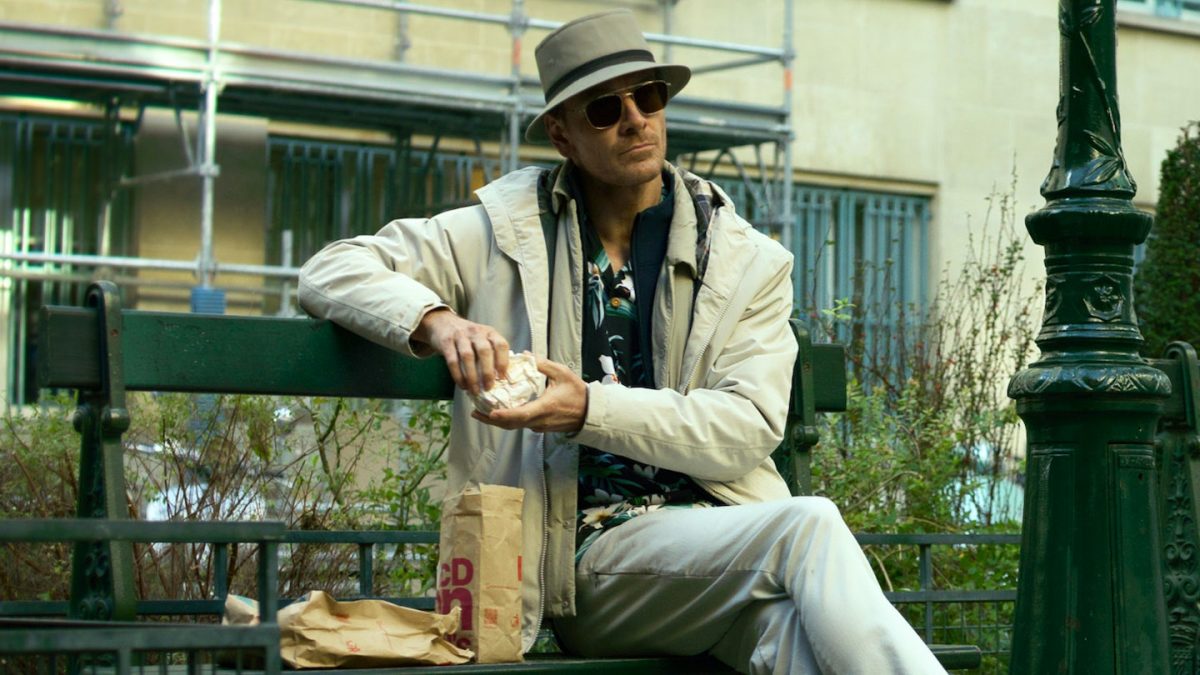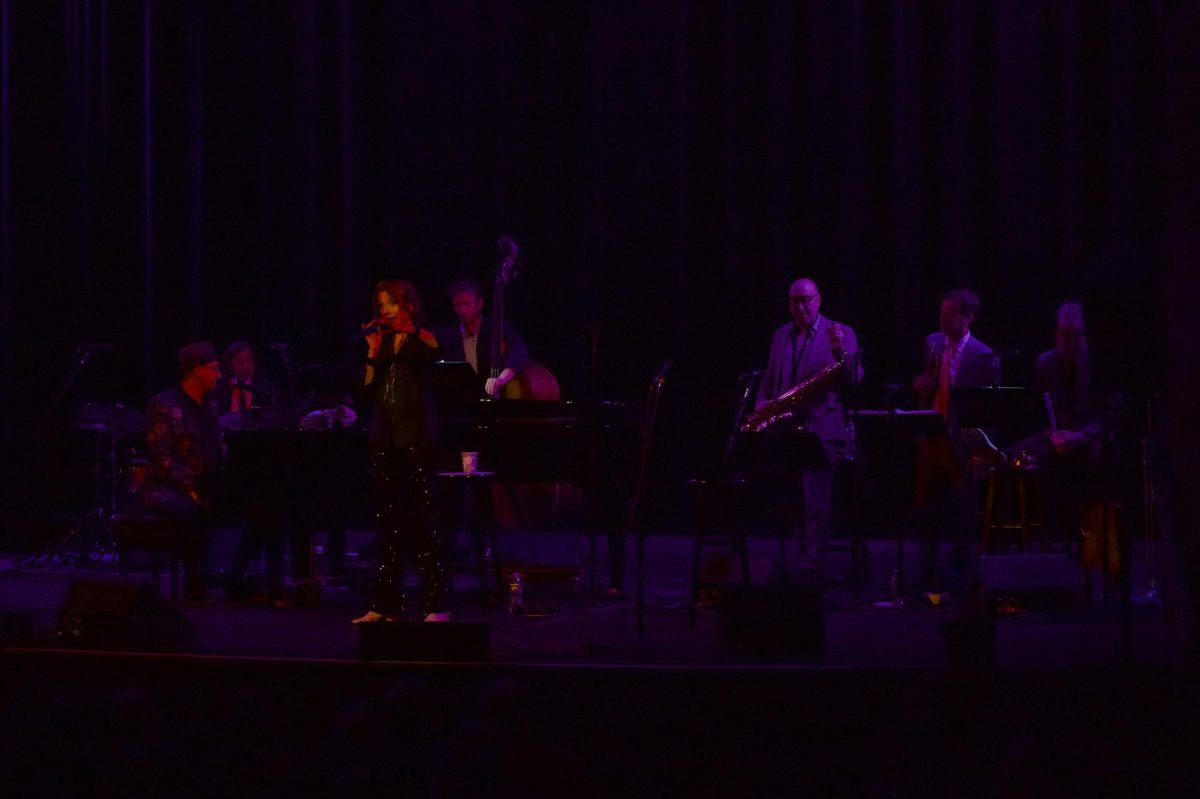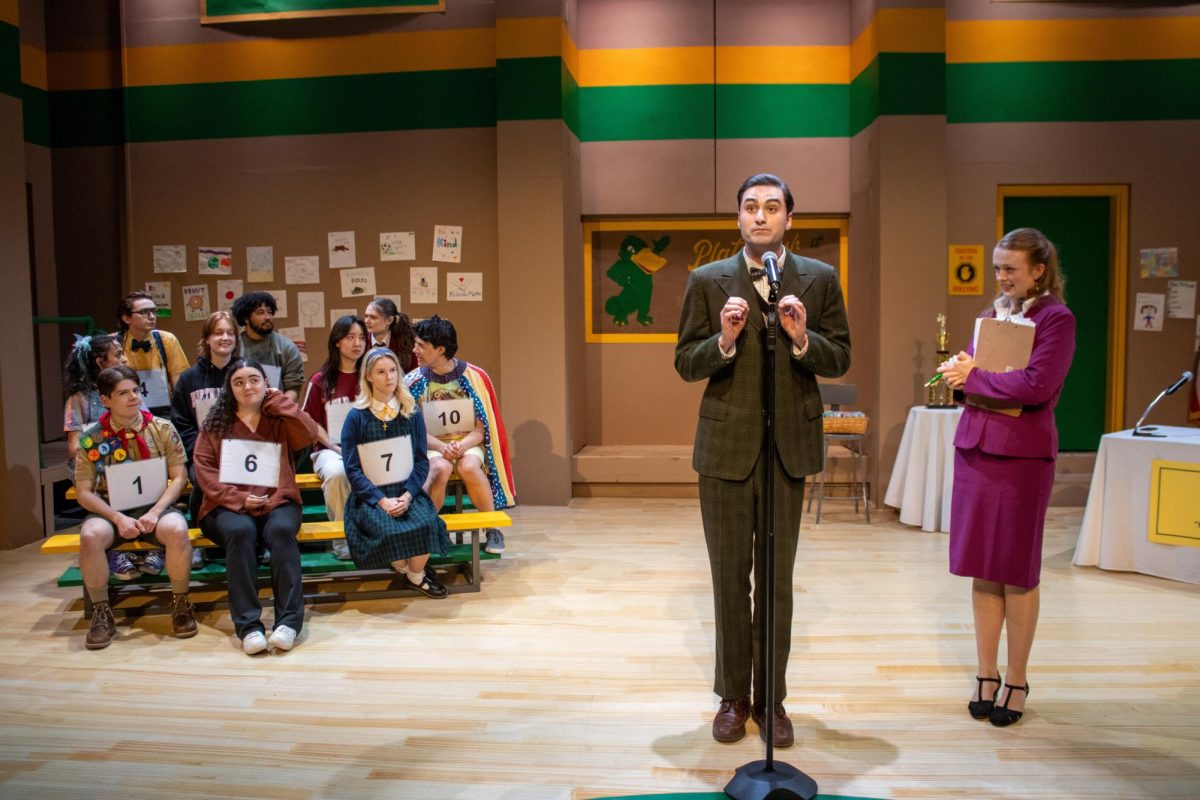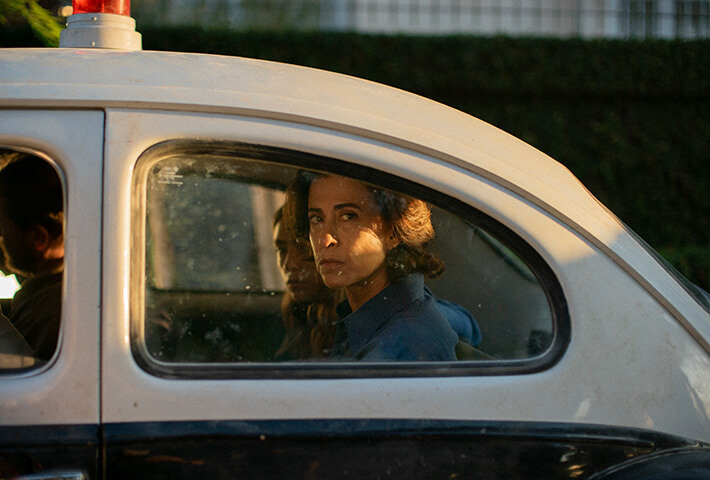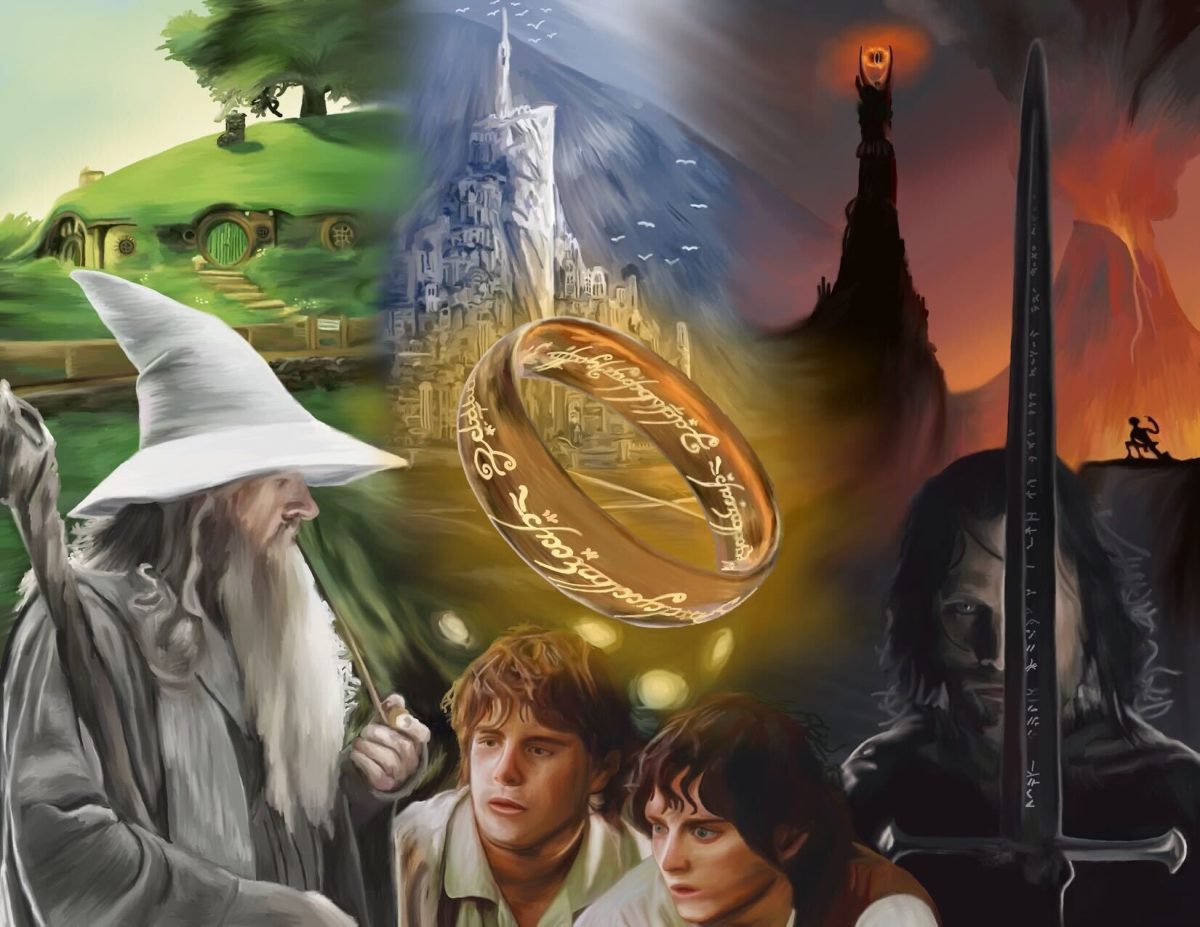David Fincher is obsessive. Described by his colleagues as an impatient perfectionist, stars signing onto his projects can expect to run their scenes north of 100, sometimes 200 times.
They can also enjoy critical acclaim and their bite at an Academy Award nomination.
In Fincher’s newest work, “The Killer,” a story told in four chapters — and an epilogue — about an anonymous hitman dealing with the fallout of a mission gone wrong, the audience is strapped in as the lauded filmmaker pours his precision into the sights and sounds of this neo-noir psychological crime thriller.
The titular character, played by the increasingly controversial Michael Fassbender, is a ghost — well, he is trying to be. Hitmen in cinema are often rigid. They do not make mistakes. They are terminators moving from scene to scene, wiping out rooms filled with nameless goons.
But this killer is not like that. He narrates to himself — and the audience — that, if he were a baseball player, he would be batting a thousand. Then, he misses his target. The car chases and sneak-arounds that ensue are quite familiar. It is the combatting restraint and indulgence Fincher gives the audience that is so refreshing. Brief punches of violence knock the wind out of the audience, just as effective as precluding scenes of tense dialogue and still air. It is the presence of the killer that lends to the film’s cold aura.
“Forget empathy,” the unnamed every-man tells himself repeatedly. He is cold and unforgiving. He gives hints of mercy, yet just when it appears he might turn a new page, it is reaffirmed that this film is aptly titled “The Killer” and not “The Hero.”
While the cliched cellphone smashing and Fassbender’s cold performance may indicate his character is a run-of-the-mill psychotic killer, that is not the case. He may be a hitman, but he is also a dork. Not only does he cosplay as a German tourist, but he also listens to (strictly) The Smiths, dons several identities from long-forgotten sitcoms of the ‘70s and ‘80s and calls people “normies.”
With this realization, it starts to make sense that he does not handily win in close-quarters combat. In one of the best fight scenes of the last few years, he bumbles around a darkly lit, cramped house and spars and grapples and throws and bashes bottles over the head of a burly henchman. The inherent excitement behind this hurricane of a duel is undeniable.
That lingering feeling of undeniability is commonplace throughout “The Killer.” A pulsating score is layered throughout, dominating the airwaves between the slower scenes and the higher-octane ones. Longtime Fincher collaborators Trent Reznor and Atticus Ross composed a brilliant score that feels as alive as it does anxiety-inducing. Certain auditory stingers resemble stomachs churning, phones ringing and legs tapping.
Just as humanistic as the score is the sound design. Snapping necks induce wincing and nail guns firing forces fists to grip the theater seats. It is the attention to detail that has become expected of a Fincher film. The perfection is born from obsession, as those familiar with Fincher’s work know that the opening scene from “The Social Network” was shot 99 times and that Gary Oldman was put through the wringer of 100 takes on the set of “Mank.”
Fincher’s dedication makes for an appealing — and almost always award-winning — film. With his previous works, the narcissism and obsession shared by the likes of his previous characters, such as Jesse Eisenberg’s Mark Zuckerberg (“The Social Network”) and Jake Gyllenhaal’s Robert Graysmith (“Zodiac”), simultaneously drive the plot forward and illustrate a deeper meaning. The former shows the long-lasting impact of a cold and calculated genius, and the latter is a man descending into madness in an attempt to solve a near-impossible case.
In “The Killer,” Fincher once again hits a home run and delivers a sprawling character study of a man who may not be all that he claims he is. While it is clear that he is a cold-blooded maniac, there are brief hints that he may not be cut out for this life. With an errant heartbeat here and a missed punch there, he is certainly not the Terminator.
But he is obsessive, and that is enough to get the job done. He moves through targets in Fincher’s all-too-familiar procedural format, and at times the audience thinks he is finally going to grant his victims mercy. That forgiveness does not come.
While many of Fincher’s strongest directorial traits are on full display here, one of his biggest flaws as a filmmaker continues to fester beneath. His handling of female characters has always been quite poor, a trait most obvious in “The Social Network” and “Zodiac,” where any woman with dialogue was relegated to a supporting character or a plot device.
In “The Killer,” it is more of the same. Though Tilda Swinton gives a magnetic performance as an older assassin, she is shoehorned into the very end of the film, a sort of pandering to show that the film is not all men running around with guns. Such sidelining is par for the course when it comes to Fincher’s films, and it is certainly a red mark on an otherwise robust filmography.
Audiences can come to expect the better hallmarks of his films: whip-smart dialogue, engaging characters whose traits drive plots forward and magnetizing scores that seamlessly blend into environments. With “The Killer,” it at first feels like more of the same.
But as the punches land a little harder and the score warps unexpectedly, the slickness of the chases and the gnarl of the fights become increasingly undeniable. It is just so cool, a vibe that Fincher has managed to perfect.
“The Killer” is equally philosophical, and almost certainly allegorical for Fincher’s own painstaking processes. “When was my last, quiet drowning?” the killer muses, reflecting on his perfect record.


